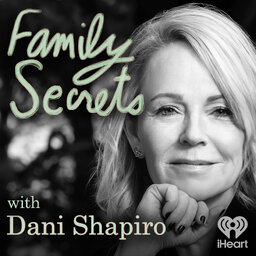Fraidy is raised in an ultra-Orthodox Jewish community where she is forced to follow many conventions including an arranged marriage in her teens. After enduring emotional and physical abuse, Fraidy is determined to figure out a way to save herself, her children, and many, many others.
 Family Secrets
Family Secrets


